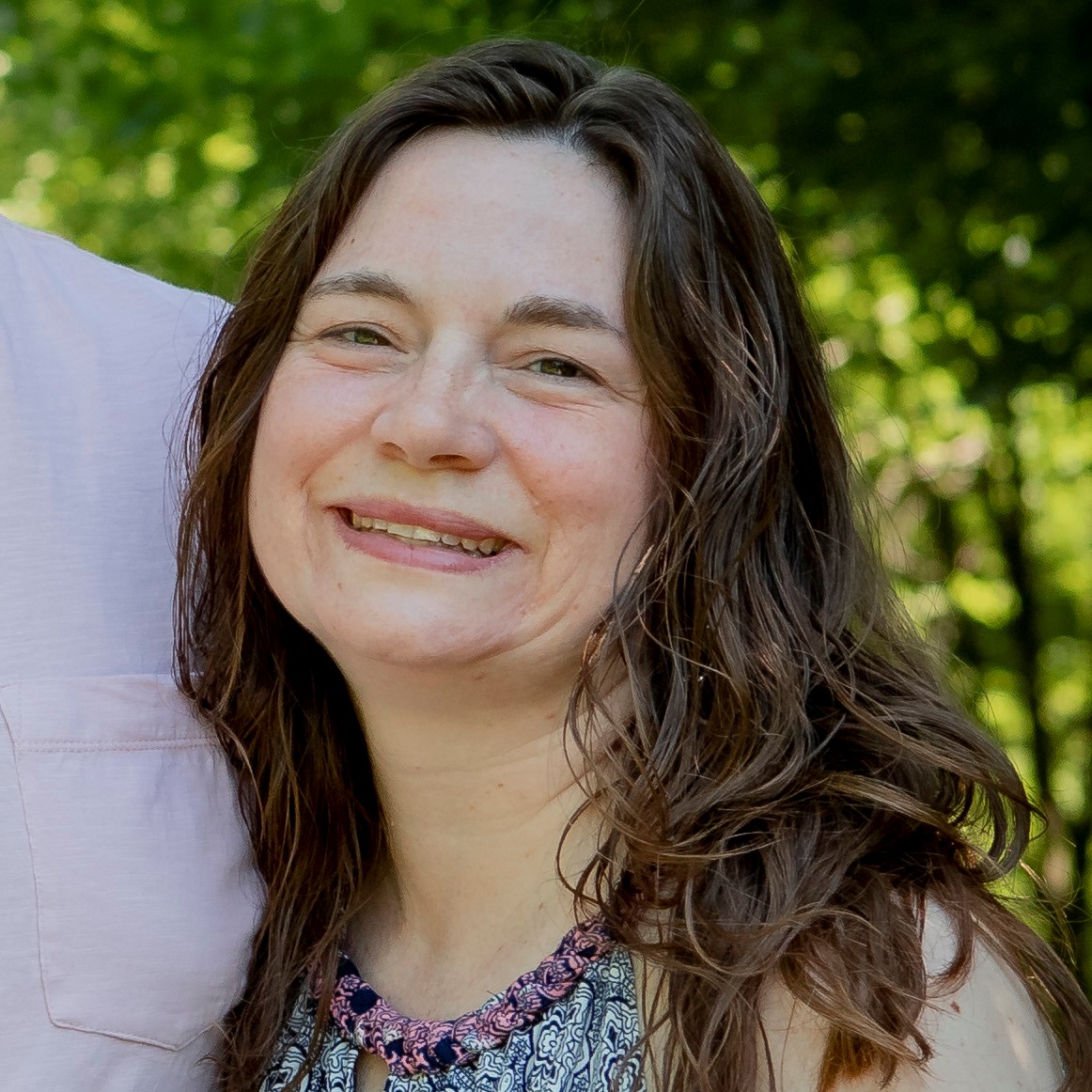 |
The statistics on church membership for young adults are depressing. Is there anything we can do to stem the tide of those who are dropping out of our churches in record numbers? See why Dr. Joshua Mears believes that mimicking Luther might help our youth.
— Nicole Balza

Nearly two-thirds of 18- to 29-year-olds in the United States say they have withdrawn from church involvement as an adult, even though they were active as a child or a teen (Barna Research).
As a Christian psychologist I examine this trend using theories from developmental psychology. Examining the natural course of adolescent psychological growth and development helps us explore additional variables involved. My hope is that this vantage point can assist us as we hold fast to the assurance that the Holy Spirit will help this generation one day declare, “I have fought the good fight, I have finished the race, I have kept the faith” (2 Timothy 4:7).
Psychological development
The field of developmental psychology studies the changes that an individual goes through in life. Psychologists systematically break different age groups into stages and look at certain milestones or critical periods for attaining goals.
Be open to deep philosophical challenges that youth are examining as they sort through their own identity development.
Psychologist Erik Erikson categorized development stages for individuals from infancy to older adult. Let’s focus on two of Erikson’s stages of psychological development:
- Teenager: The stage when healthy individuals form their identity. There can be a great deal of role confusion during this stage, leading to experimenting and testing authority boundaries. Teens question: “Who am I?” “How do I fit in?” and “Where am I going in life?” They might also have a significant shift from seeing the world through the eyes of adults to placing an emphasis on social relationships with peers.
- Young adult: The stage when healthy individuals are relatively secure in their identity (vocational, ideological) and begin to pursue close relationships. In this stage, they are capable of forming and committing to more intimate, reciprocal relationships, such as marriage.
According to this model, beginning with teens and continuing on into young adulthood, a person’s central point of reference can shift from their parents to peer group. Adolescents seek autonomy and therefore struggle with obeying parents, teachers, and authority. Some might point to this rebellion as the problem, suggesting that rebellion is why so many young people walk away from the church. But the issue is more complex than that.
Moral development
Remember that during adolescence, many forms of development are occurring all at once—physical, neurological, and moral. As a result, the above psychological development occurs simultaneously with moral development. Psychologist Lawrence Kohlberg defines three key stages of moral development:
- Preconventional: Punishment avoidance. This is the stage from toddler to pre-adolescence.
- Conventional: Fulfilling duties, upholding laws. Teenagers and young adults typically find them-selves in this stage, striving to meet the expectations of others.
- Postconventional: As young adults begin to move into mature adulthood, thinking patterns mature. Thanks to psychological development, young adults are able to use more of the prefrontal cortex in the brain, which enables executive functioning where they are capable of seeing cause-and-effect relationships and using abstract thinking. As a result, young people seek their own understanding of moral philosophical questions in life.
 Religious identity development is just one subset of the exploration that is happening during the moral developmental stages. You can see the forms of development converging here: A desire to examine and question authority and an increased ability to reason in pursuit of understanding. Add to this what so-called experts say is healthy behavior in terms of religious identity development: being “unwilling to accept slogans blindly” and preferring to “consolidate his own spiritual identity in a way that will let him feel that his parents’ and teachers’ influence on his identity is as small as possible” (Fisherman, 1999).
Religious identity development is just one subset of the exploration that is happening during the moral developmental stages. You can see the forms of development converging here: A desire to examine and question authority and an increased ability to reason in pursuit of understanding. Add to this what so-called experts say is healthy behavior in terms of religious identity development: being “unwilling to accept slogans blindly” and preferring to “consolidate his own spiritual identity in a way that will let him feel that his parents’ and teachers’ influence on his identity is as small as possible” (Fisherman, 1999).
This might seem jarring to those of us who hold to “this is most certainly true.” The stoutest of us Lutherans would do well to remember that Martin Luther exhibited the same psychological, moral, and spiritual development changes. Erik Erikson even wrote a biographical book, Young Man Luther, that examined this development.
Luther asked many “who am I” questions. He challenged authority and struggled with the way his father influenced him and pushed his career as a lawyer. But here is the essential point about Luther’s identity progression: Each time he found himself battling against the established institutions of the time, he relied on the foundation of Scripture. The truth was not in his own reason or thought. Luther was not redefining truth as our postmodern world encourages us to do. His point of reference for searching for truth and meaning was not an internal discovery. Rather, he was incessantly reading Scripture and asking, “What does this mean?” For this reason, Luther is an excellent role model for young people going through the various stages of development.
Embrace the challenge
This brings us back to the question: How can we help more young people stay in the faith and engage with other people of faith?
We should not be afraid of the tendencies for young people to question philosophical worldview questions as they progress within their identity and moral development. Churches and parents should embrace this timeframe filled with ideological confusion and exploration. Youth ministries should engage these deeper doctrinal issues and be willing to question the issues in our society, using Scripture as a guide. Young, struggling Christians need to have a place and a method for wrestling with life, just as Luther did, while returning to the secure base of Scripture. Help youth continue to rely on their catechesis, because their identity flows from being a redeemed child of God.
Here’s the challenge for the Lutheran church: Be open to deep philosophical challenges that youth are examining as they sort through their own identity development. The old, evil foe will continue to target young people as they navigate development. Understanding psychological and moral development can help us grasp what an opportunity we have to engage young people in deep and lasting ways.
Authors: Multiple authors
Volume 109, Number 05
Issue: May 2022
- Parent conversations: How can parents and kids manage stress?
- Parent conversations: What do your prayers for your children include?
- Parent conversations: How do we resist making our parenting law-based?
- Parent conversations: What Bible passages do you turn to most as a parent?
- Parent conversations: How can we help kids develop positive, healthy habits?
- Parent conversations: What tactics do you use to encourage children to tackle difficult tasks?
- Parent conversations: How can we model good listening skills for our kids?
- Parent conversations: How do we help our kids move on from mistakes?
- Parent conversations: How can we instill gratitude in our children?
- Parent conversations: How can parents find the balance between being too restrictive and too permissive?
- Parent conversations: How can we teach kids to be good friends?
- Parent conversations: What life skills will help young people as they transition to adulthood?
- Parent conversations: How do we discuss death with our children?
- Parent conversations: What does it look like for a father to be a strong Christian leader?
- Parent conversations: How can we help young adults stay engaged in the church?
- Parent conversations: What do parents need to know about video games?
- Parent conversations: How do parents not let worry get the best of them?
- Parent conversations: How do we teach our kids to value all people?
- Parent conversations: When parenting philosophies differ
- Parent conversations: How can we help today’s overwhelmed teens?
- Parent conversations: How can parents maintain a healthy marriage?
- Parent conversations: You might be a Lutheran parent if . . .
- Parent conversations: Parenting post–high school: What is a parent’s role?
- Parent conversations: How can families use the hymnal in their worship life at home?
- Parent conversations: What should Christian parents teach their children about gender?
- Parent conversations: What is vocation? How does it apply to parenting?
- Parent conversations: Why do siblings fight? How should I react when they are fighting?
- Parent conversations: How do we teach children resilience?
- Parent conversations: How do I approach vaccines as a Christian parent?
- Parent conversations: How can I explain the Sixth Commandment to a young child?
- Parent conversations: How can I help my child have an optimistic outlook?
- Parent conversations: What if we can’t follow our Christmas traditions this year?
- Parent conversations: What are ways to foster a rich prayer life in children?
- Parent conversations: How can I let the gospel shine as I parent?
- Parent conversations: How should I handle a child’s separation anxiety?
- Parent conversations: How should families prepare to go back to school?
- Parent conversations: How does a teen’s brain work?
- Parent conversations: How much should I monitor my child online?
- Parent conversations: How can parents reassure children during an uncertain time?
- Parent conversations: How can I stay calm when my child is out of control?
- Parent conversations: Should I give something up for Lent?
- Parent conversations: How can I keep my child engaged in attending church?
- Parent conversations: How can we help a stressed-out kid?
- Parent conversations: How can we nurture a proper view of “stuff”?
- Parent conversations: How involved should parents be in a child’s homework?
- Heart to heart: Parent conversations: Are we modeling kindness for our children?
- Heart to heart: Parent conversations: What’s the best parenting advice you’ve received or given?
- Heart to heart: Parent conversations: How should we handle it when people undermine our parenting decisions?
- Parent conversations: How can we prepare children for summer camp?
- Heart to heart: Parent conversations: What’s a parent’s role as a child dates?
- Heart to heart: Parent conversations: How do parents find contentment?
- Heart to heart: Parent conversations: How can we help a family with a sick parent?
- Heart to heart: Parent conversations: How can parents model healthy cell phone use?
- Parent conversations: How can we protect kids without scaring them?
- Parent conversations: What does your family’s bedtime routine look like?
- Parent conversations: What do I need to consider before I give my child a cell phone?
- Parent conversations: How can we teach gentleness and strength at the same time?
- Parent conversations: What should we do when our children grow silent?
- Parent conversations: What should we teach our children about the Reformation?
- Parent conversations: Do we want our children to be leaders or followers?
- Parent conversations: How does a parent’s role change over time?
- Parent conversations: How should I handle a disagreement with my child’s teacher?
- Parent conversations: What are the building blocks of a strong parent/child relationship?
- Parent conversations: What is our goal as parents?
- Parent conversations: What Christmas traditions do you cherish in your family?
- Parent conversations: How can we raise a generation that cherishes life?
- Parent conversations: What are the best Bible story books for family devotions?
- Parent conversations: Why should children obey their parents?






